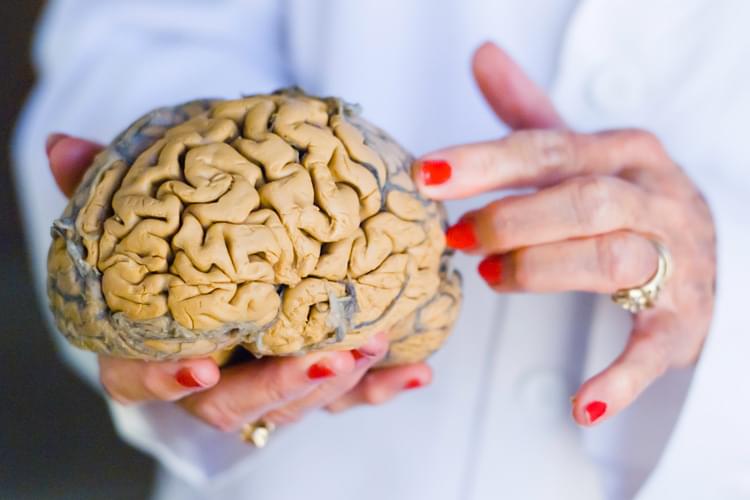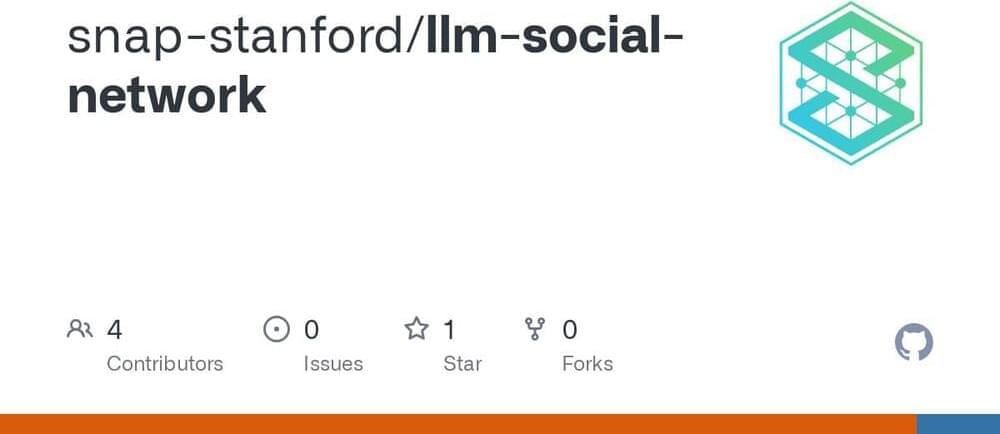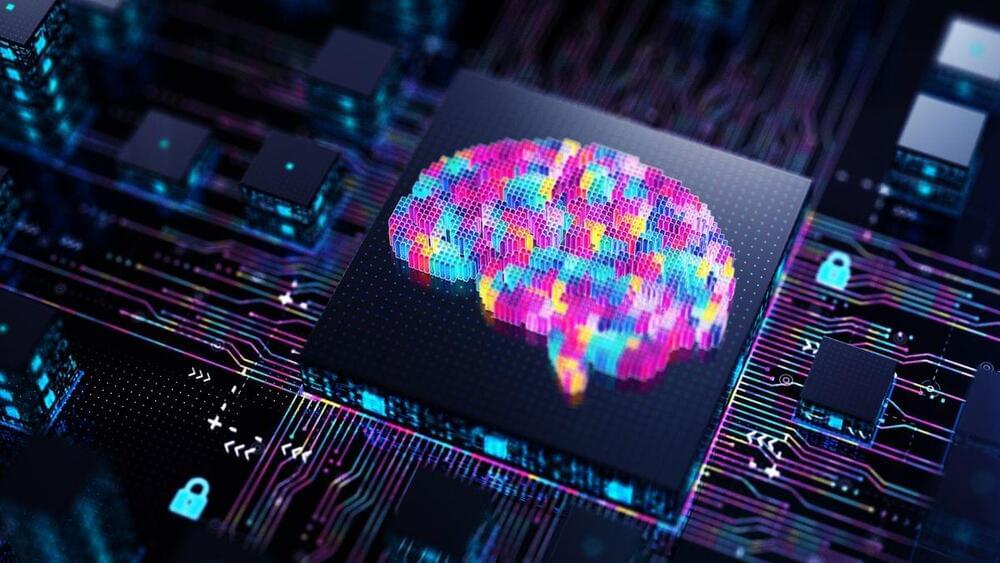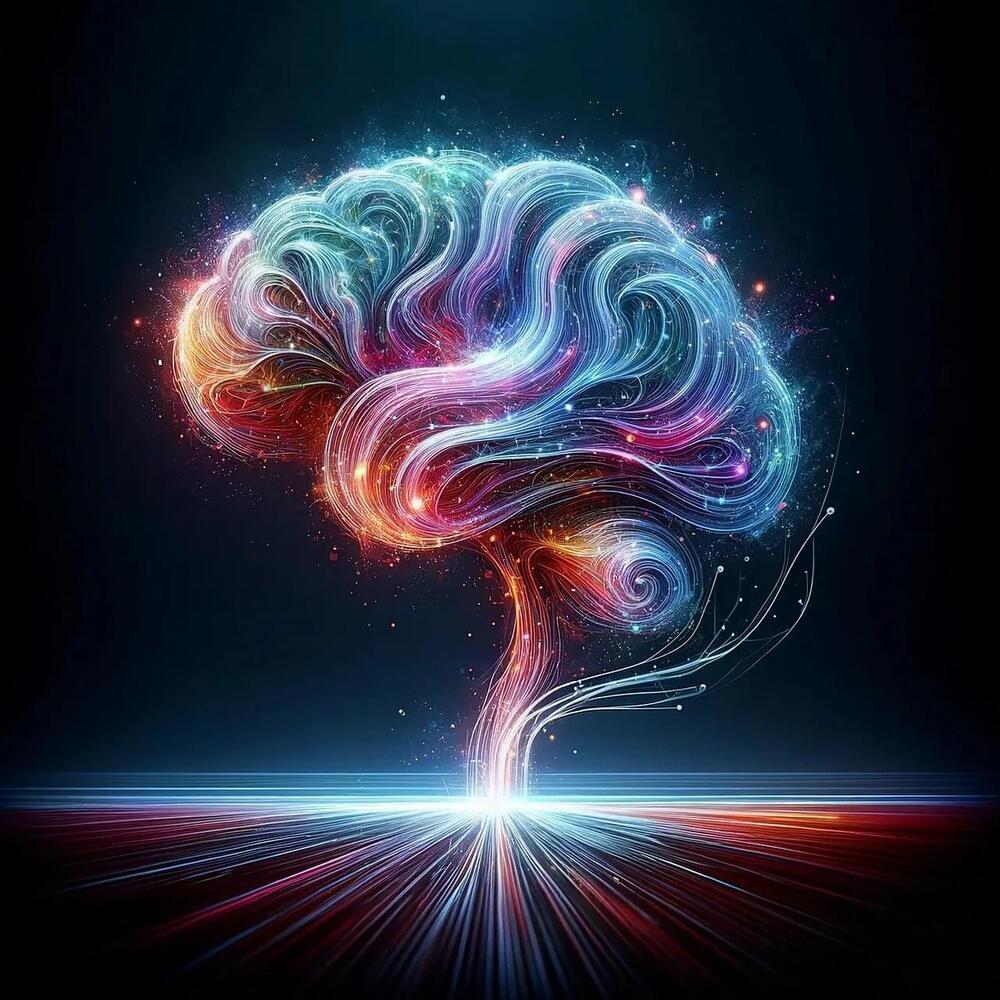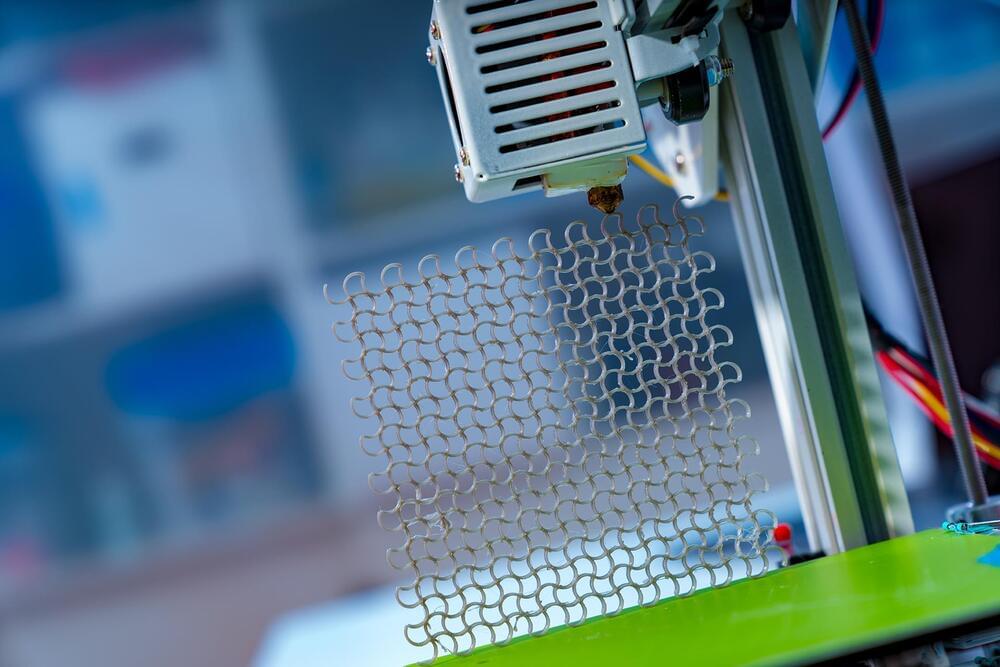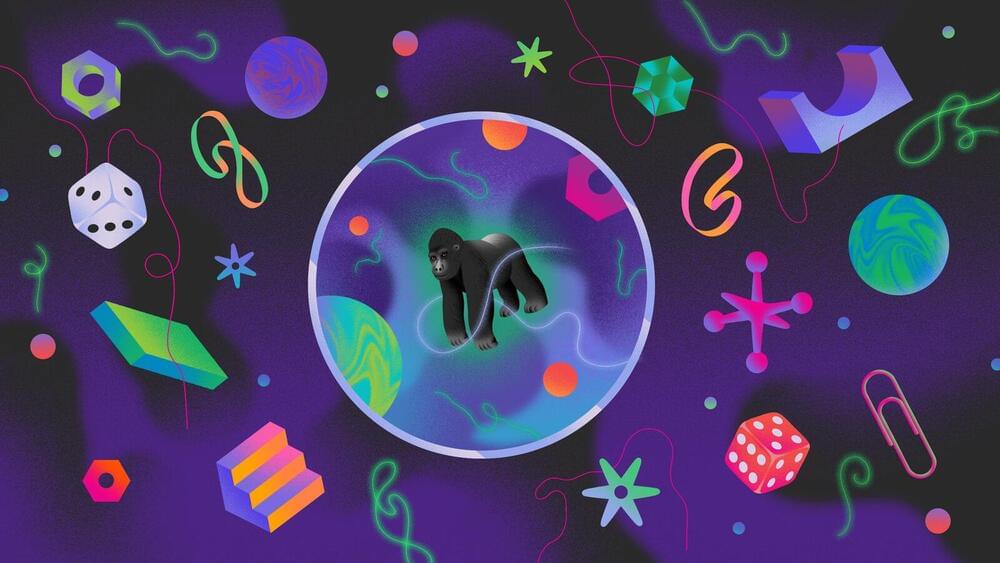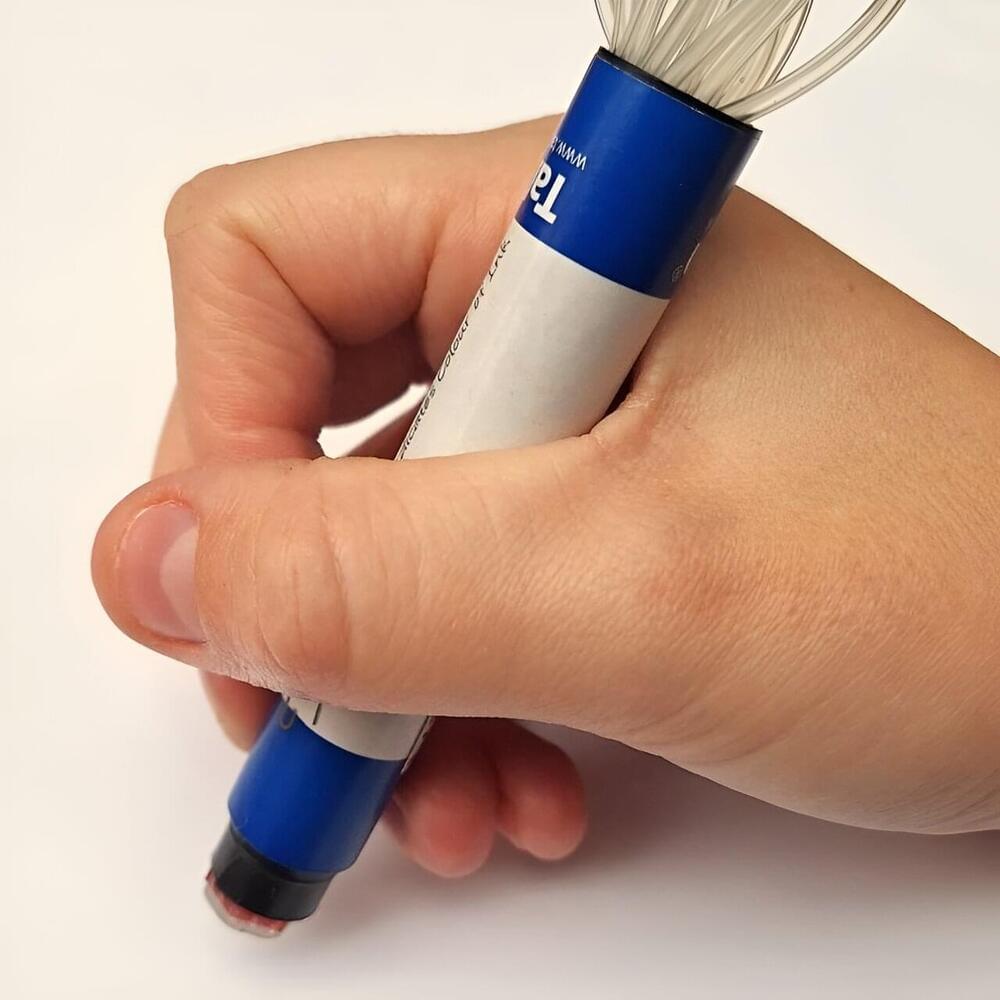Sep 3, 2024
Two Perspectives onThomas Nagel’s Mind and Cosmos
Posted by Dan Breeden in categories: humor, policy
Prefatory Note: Our usual policy at The Threepenny Review is to assign one book to one author. But in this case two of our longtime writers—P. N. Furbank, an essayist, critic, and biographer who lives in London, and Louis B. Jones, a novelist and essayist who lives in the Sierra foothills—both wanted to review the same book. So we let them. We think the results are instructive: not oppositional, not mutually contradictory, but very different approaches to the same subject. We are also pleased that neither Jones nor Furbank trained as a professional philosopher. (After all, philosophical theories, if they bear on reality, should be meaningful to the rest of us.) So here they are—first Jones, then Furbank—commenting on Thomas Nagel’s Mind and Cosmos: Why the Materialist Neo-Darwinian Conception of Nature Is Almost Certainly False, out in the fall of 2012 in both America and England from Oxford University Press.
My stranded trailer in the woods looks onto a clearing where wild sweet pea vies with starthistle, fescue with blue-eye grass and miner’s lettuce, all competing as they’ve done, possibly, since the Sierra first crumbled into soil and started inviting plants to colonize. It is a patch of ground, then, that existed through the geologic ages in the peculiar twilight oblivion of being unwitnessed—until the first Maidu people came along, probably climbing up from the creek below. Before the Maidu, the witnesses of the place were the animals. And now these days I’m here, to substantiate this little clearing’s existence. It’s almost a weary old joke in philosophy, but still a surefire, hard-to-retire joke—that I’m necessary to this clearing’s existence. My mind. The joke, however, is making a serious, small comeback in this century.
